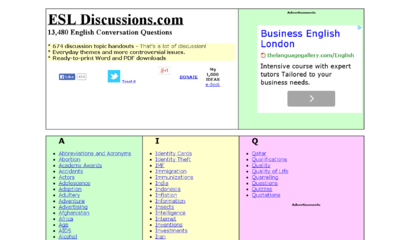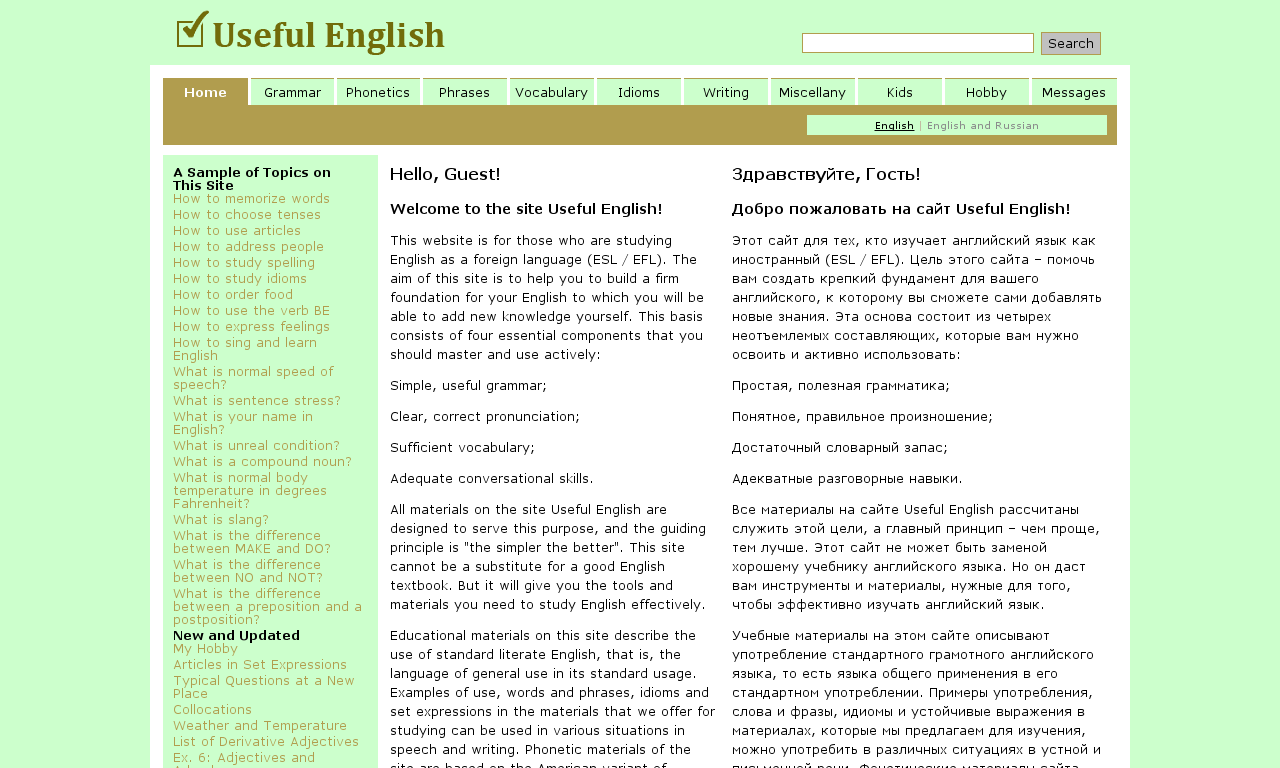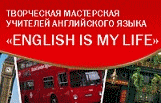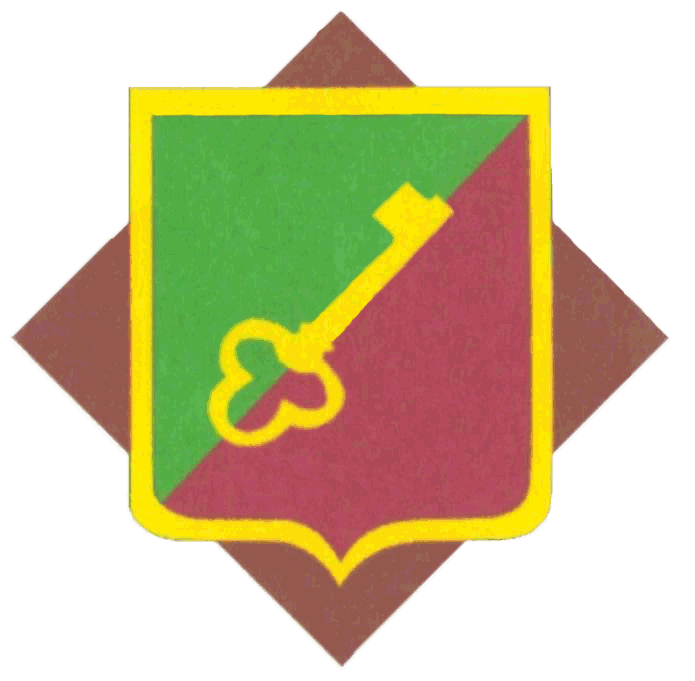Урок английского языка в 5 классе по теме
“Sightseeing in Minsk”- "Достопримечательности Минска"
Учитель Кузнецова О. Н.
Цель (прогнозируемый результат): предполагается, что к концу урока учащиеся смогут рассказать о Минске.
Образовательная цель: способствовать совершенствованию умений устной монологической и диалогической речи, закреплению изученных ЛЕ по теме, грамматического материала.
Развивающая цель: создать условия для
- формирования культуры устной речи;
- развития познавательных процессов: памяти, внимания, восприятия, воображения;
- совершенствования коммуникативных свойств речи.
Воспитательная цель: способствовать
- формированию культуры человеческих отношений, культуры позитивного поведения;
- росту положительной мотивации к изучению английского языка;
- сплочению классного коллектива;
- осознанию социальной, практической и личностной значимости учебного материала.
Этап обучения: применение знаний.
Тип урока: ролевая игра.
Форма организации процесса обучения: групповая.
Оборудование: компьютер, презентация Power Point, раздаточный материал.
|
Этап |
Содержание |
Время |
Приветствие. Сообщение цели урока.
|
Цель: введение в атмосферу иноязычного общения, определение темы, постановка целей урока
T: Good afternoon, children! I’m very glad to see all of you today. I hope that you feel good. So, let’s start our lesson. Today we are going on an excursion to the capital of our Republic. We would tell our guests about our land and its main city. How can we get to Minsk? I think we’ll choose a bus. So, take your seats and make yourself comfortable. |
3 мин. |
Повторение грамматического материала (Present Simple, Past Simple, Present Perfect)
Повторение ЛЕ по теме
Проверка д/з
Работа с текстом
Физкультминутка
Развитие навыков диалогической /монологической речи
|
Цель: совершенствование лексических, грамматических навыков; совершенствование умений устной диалогической/монологической речи.
T: By the way have you ever been to Minsk? When did you go there? Did you go there with your parents or with your friends? Did you go there by bus? Nastya, ask Mark how he went to Minsk. Mark, ask Liz how often she goes to Minsk. Liz, ask Ilya if he went to Minsk last week. Minsk is the capital of Belarus. And what do you now about our country? I’ll give you the passport of Belarus and you are to fill in the missing information.
Task 1: Passport of Belarus
Name: Belarus Capital city: Minsk Geographical position: Area: Population: Climate: Regions: Languages: Famous for:
Pupils answer the questions in pairs:
T: You’ve already learnt that every country has its symbols. Let’s revise our chant. Chant “Every nation has its symbols”; Every nation has its symbols: national emblem, national anthem, Every nation has its symbols: National costumes, national flag. Every nation has its symbols. What are the symbols of Belarus?
T: Let’s speak about the national symbols of Belarus.
T: We’re getting nearer to Minsk and I’d like you to look at the map of the Old Minsk. Do you recognize it? Now you are going to read the text about Minsk. First let’s look at the words after the text. Listen and repeat after me, please. The translation is given to you. Read the text and find the information that you could tell to our guests. Task 3. Text “Old Minsk”. Minsk was founded in 1067. Its name comes from the word “mena”—in old times it was a market place where people exchanged things. Minsk has always been an important trading centre. In the very early days the Svisloch river was full-flowing and served as one of the main transport routes by which Minsk maintained trade and economic ties with other cities. Minsk was not a large and important town till the end of the 18th century when it began to expand. In 1919 it became the capital of Soviet Belorussia and turned into an industrial and cultural centre of the republic.
was founded [׳faundid] – был основан trading [׳treidiŋ] – торговый full-flowing – полноводный rout [ru:t] – маршрут serve [s3:v] – служить maintain [mein׳tein] – поддерживать expand [ik׳spænd] – to become larger industrial [ind sti l] -- промышленный
T: Now look at the board, read the sentences and say if they are true or false. If the sentence is false, correct it.
T: Well done! What new information have you learnt about Minsk? Цель: снятие мышечного напряжения, эмоциональная разрядка. Here we are in Minsk at last. Let’s get off of the bus and walk for a while. Let’s go along the street. Stop. The traffic lights show red. It’s green, so let’s cross the street. Now we turn left (right), go past the park and we’ve come to the centre of the city.
T: What sights would you like to see in Minsk? Why? I will give you a city map; ask the way to different places of interest. (Pobeda Square, Troitskoye Suburb, Opera and Ballet Theatre, The Holy Spirit Cathedral, The National Library). Учащиеся составляют диалоги, используя фразы предыдущего урока, разыгрывают их.
T: Look where are we? Yes? It’s Pobeda square. Let’s listen to Mark who will tell us about this sight.
T: Nastya likes Troitskoye Suburb most of all. You are welcome!
T: One of the most important cathedrals in our country is The Holy Spirit Cathedral. Irine will speak about it.
T: Liz has been to Opera and Ballet Theatre several times. Will you tell us about it?
T: Ilya likes to read books, so he is going to speak about the National Library.
T: Thank you very much! Unfortunately, we can’t speak about the other fascinating sights of Minsk. But I’m sure that you can name them. What other sights of Minsk would you recommend to visit? Why?
Now I would like you to make a survey and ask our guests about their favourite places in Minsk.
|
3 мин.
5 мин.
.
2 мин.
5 мин.
7 мин.
2 мин.
7 мин.
7 мин. |
Рефлексия |
T: So, our trip is over and I’d like you to tell me how you felt at the lesson. Look at the board! There are different types of faces. Choose the one that characterizes your state at the lesson and comment if you had some problems. I should say that you worked perfectly and I will give you the following marks.(Учитель комментирует отметки, словесно оценивает работу каждого ученика) Your hometask is… Thank you for your work! Good-bye!
|
4 мин. |





